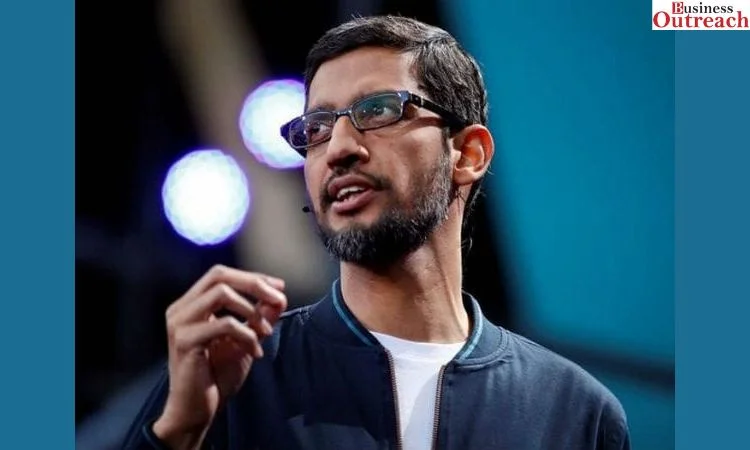In the last couple of months, Google has been witnessing a revolt within its workforce by employees who organize rallies and demonstrations against some of the projects and policies of the company. As a result, CEO Sundar Pichai has decided to go tough on the protesters by letting go of 50 people who were a part of the protest at Google offices.

It all started last week when police arrested 28 GAFA workers who had participated in sit – in demonstrations at the company’s New York and California offices. The employees were disputing Google’s $1.2 billion cloud computing arrangement with the Israeli government that is called Project Nimbus. This deal was in favour of technologies used by Israel to infringe on the human rights of Palestinians.
In the following days, more employees voiced solidarity with the fired workers and demanded their reinstatement. On Monday, Google reported dismissing 20 additional personnel who were found to be leading or actively supporting further protests within office premises.
According to sources, Sundar Pichai had issued warnings to all staff last week that while open debate is encouraged, disruptive actions would not be tolerated. He made it clear Google is a business and employees cannot use their positions to push political agendas or make others uncomfortable through demonstrations.
However, dissenting workers continued organizing events to showcase disagreement with company policies. Google claims some protesters were also disrupting operations and creating safety issues for other employees. This prompted the tech giant to take stricter measures, culminating in the termination of 20 more individuals.
The latest firings have led to accusations of union-busting against Google. Critics argue the company is quashing the right to protest through intimidation. However, Google maintains it respects peaceful activism but cannot allow behavior that jeopardizes workplace safety or productivity.
The terminations are a sign that even Google, known for its liberal culture, has limits to tolerating employee activism. It remains to be seen if further actions are taken against remaining protesters within the organization. For now, Pichai has sent a clear message that profitability and efficiency must take priority over political agendas in the office. Only non-disruptive modes of dissent will be permitted going forward.
Google’s crackdown has sparked a debate around the boundaries of workplace protests. While freedom of speech is important, companies also have to consider how demonstrations impact business operations and other staff. As tech giants face growing internal opposition, a balancing act will be needed to address such situations appropriately.















